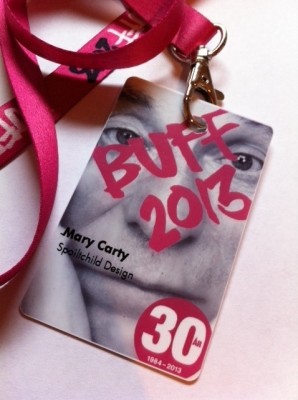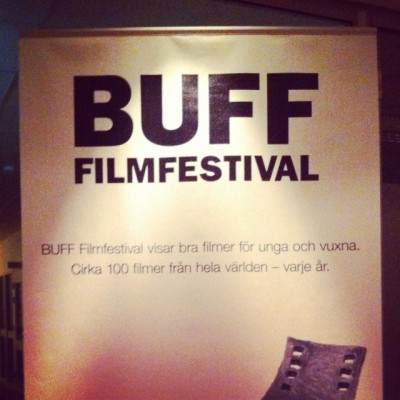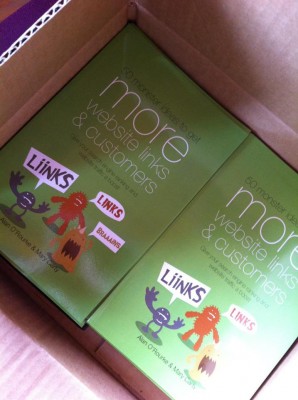Here comes the Dragon. Get your pitch in!
UncategorizedShare:
I am very honoured to be invited back as a dragon at Nordic Game 2013 Live Pitch Event. It was so much fun learning about the very best startup and games talent from the Nordic Region. Last year’s winners Boldai were acquired by Linden labs after their win and well deserved too. I am very excited to help another fantastic company on their way, along with a great team of investors and experts.
This year and I would love to see brilliant Irish companies compete with the best European has to offer. Get your applications in by 12th of April to info@gamescapital.eu and jacob@nordicgame.com. Very much looking forward to meeting you at Nordic Game. Good Luck!
Nordic Live Pitch Session – Dragons declared
Nordic Game is pleased to announce the 5 dragon investors who will judge the finalists at the event on Thursday May 23rd in Malmo:
These are:
Paul Heydon of Avista Partners, Doug Richard an original investor dragon from the UK TV series, Ian Baverstock of Tenshi Ventures. Mary Carty of Spoiltchild and Justin Stoltzenberg of European Games GroupThese dragons have a mass of experience with helping start –up companies, have all been mentors to start-ups and all are potential investors in projects:
Paul Heydon and Ian Baverstock have an intimate and hands on experience of the games business and investing in it, Justin Stoltzenberg and EGG invest in marketing, and distribution of games, and help put the finishing touches on your online games. Mary Carty is an experienced and sympathetic mentor to creative businesses.Doug Richard is offering 3 places to attend his ‘School for Start-ups’ in London in September 2013 with travel paid, to competitors who enter the Nordic Live Pitching session. Doug Richard is playing a key role in the UK government’s enterprise strategy.
All the dragon-investors will be available in the Pitch and Match area for meetings, and will prioritise the companies who dare to pitch. Last years winners Boldai and their game ‘Blockworld, were recently acquired by Linden Labs.
How to compete in the Nordic Game Pitching competition:
Please submit a one page document summarizing your project to info@gamescapital.eu and jacob@nordicgame.com.
Deadline for submissions is April 12th.
The one pager must outline a) what problem the project solves b) the investment proposition c) the principals in the team and their track record, d) the investment needed and e) how it will earn investors a good return on investment.
The pitches can be for game projects, tech or internet and digital business propositions.
All submissions will receive feedback from the Games Capital team, and 3-5 will be chosen to take part in the final on Thursday May 23rd.
All finalists will be offered additional analysis and feedback from the Games Capital team, and help with preparation of their presentations.
Further information, prizes and benefits will be released shortly.
For more information please mail info@gamescapital.eu
Image thanks (c) Morten Skovgaard







